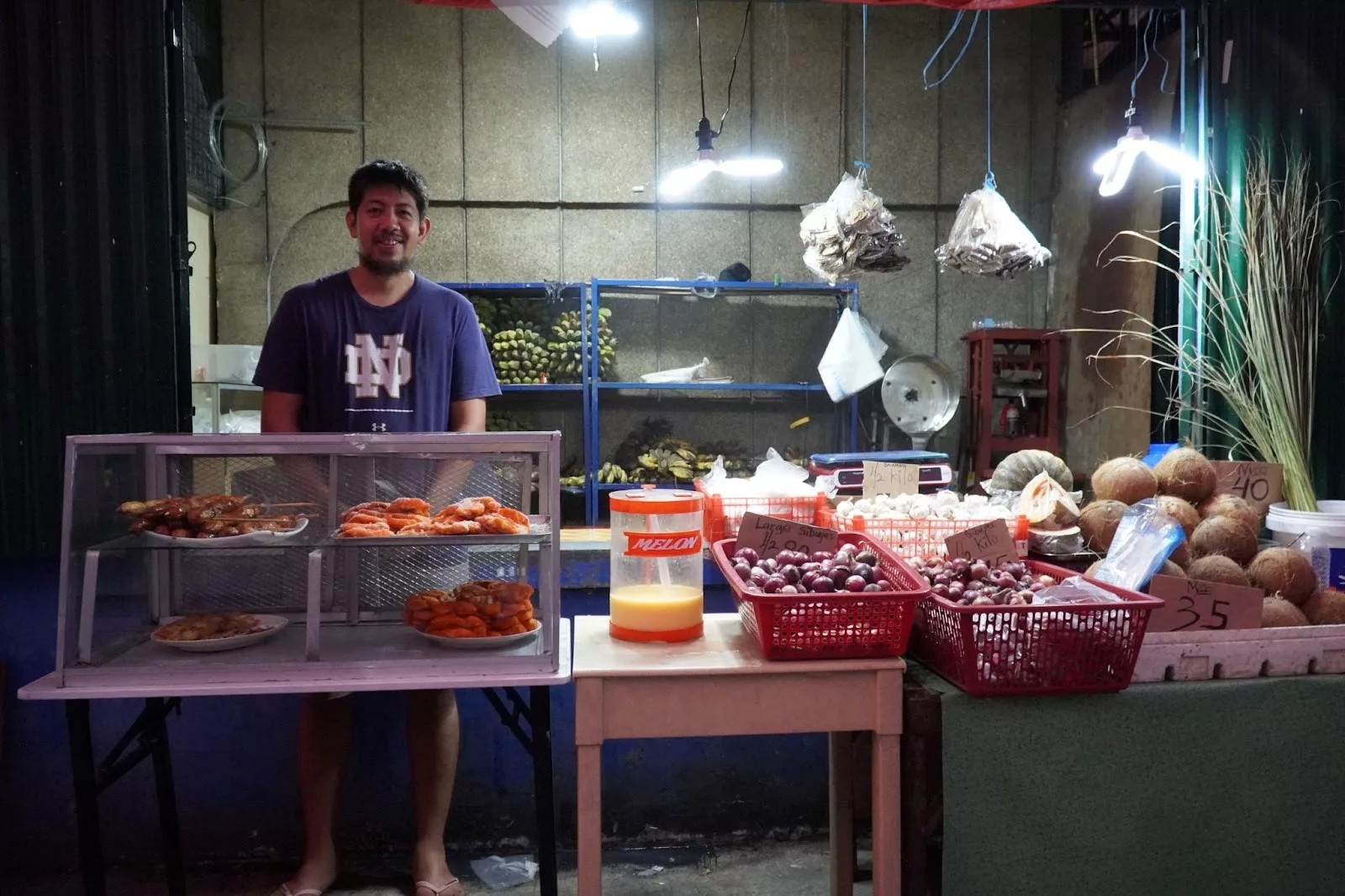|
Getting your Trinity Audio player ready...
|
Jia, a blockchain-based microfinance firm, announced it had crossed US$2 million in originations. The company said more than 2,000 small business owners use the platform in the Philippines and Kenya.
Zach Marks, co-founder and CEO of Jia, told CoinGeek that this development represents the tangible impact the company is making in the lives of small businesses in emerging markets.
“It is a major milestone for Jia in our journey to expand financial access in emerging markets,” Marks said. “Of course, US$2 million is just the beginning. We have a long way to go to close the US$5 trillion credit gap for small businesses and microenterprises in emerging markets who are held back from growing and serving their communities because of a lack of fair financing options.”
In a blog post, Jia said it took the company 11 months from its launch in January 2023 to hit US$1 million. Then, it took another two months to double that and reach US$2 million.
“Of course, the true measure of success lies in the impact on our clients—the small business owners in emerging markets. The US$2 million in originations means more entrepreneurs have gained access to the financial resources they need to grow and thrive,” Marks said.
Blockchain use in microfinancing
In December, Jia launched its lending pool on Celo blockchain, through its partner, Huma Finance, an on-chain credit platform, with 100,000 Celo Dollars (cUSD) funding from the Credit Collective. Marks shared that Jia also uses the Polygon blockchain.
“Blockchain plays a pivotal role in the success of our microfinancing model, from transparency, security, and efficiency to serving as a strategic tool in capital markets and global financial inclusion,” Marks told CoinGeek.
The lending pool, also known as the Jia Pioneer Fund Pool, described loans for small business owners primarily consisting of inventory financing, invoice factoring, and supply chain financing for consumer goods retailers, food & beverage manufacturers, medical clinics, corporate cab drivers, mobile money agents, and market vendors accepting mobile money payments.
Financial access woes for small businesses
Small and Medium Enterprises (SMEs) play a significant role in most economies, particularly in developing countries, according to a World Bank article. It noted that SMEs represent about 90% of businesses and more than 50% of employment worldwide.
The World Bank also recognized that access to finance is a key constraint to SME growth; it is the second most cited obstacle facing SMEs when growing their businesses in emerging markets and developing countries.
For Marks, Jia wants to address this gap and bridge the credit gap faced by entrepreneurs in emerging markets, a challenge that is measured in the trillions.
“In the long run, our use of blockchain contributes to building a financial data footprint for small businesses. This footprint is a valuable asset, allowing these businesses to access the global financial system more easily. By providing a secure and transparent financial history through blockchain technology, we empower small businesses to participate in the broader financial landscape and unlock opportunities for growth on a global scale,” he added.
Impact of microfinance in emerging markets

Speaking to CoinGeek, Jimsen Iguan, a fruit and vegetable store owner in Makati City, Philippines, said he turned to Jia after learning the tedious process of borrowing from traditional banks.
“With Jia, the payment term is the same as with traditional banks, which is monthly, but I can say that the application process is way better. They also offer better payment terms compared to the usual lending app,” Iguan said in Filipino.
Mark Anthony Sy Quimsiam, Jia’s Philippine country director, told CoinGeek that the company tailor-fit its products to make them affordable and their process efficient.
“Surprisingly, you would see a high repayment rate from the small players,” Quimsiam said. “The relationship that we have builds loyalty, and that loyalty builds your repayment rate. So, low risk, high repayment rate.”
Meanwhile, Francis Njoroge, a spice vendor in Kenya, said the blockchain financing firm paved the way for his business growth.
“The challenge that I used to get was about financial problems because purchasing these products [spices] is very expensive. It was a tussle for me,” Njoroge said in a video interview.
“Because I was able to get a loan, I was now able to move products,” he said. “We have many microfinance here in Kenya which normally give loans, but this is not a matter of giving loans, but a matter of the interest.”
Watch: The Philippines is prime for investments—here’s why

 07-02-2025
07-02-2025 





